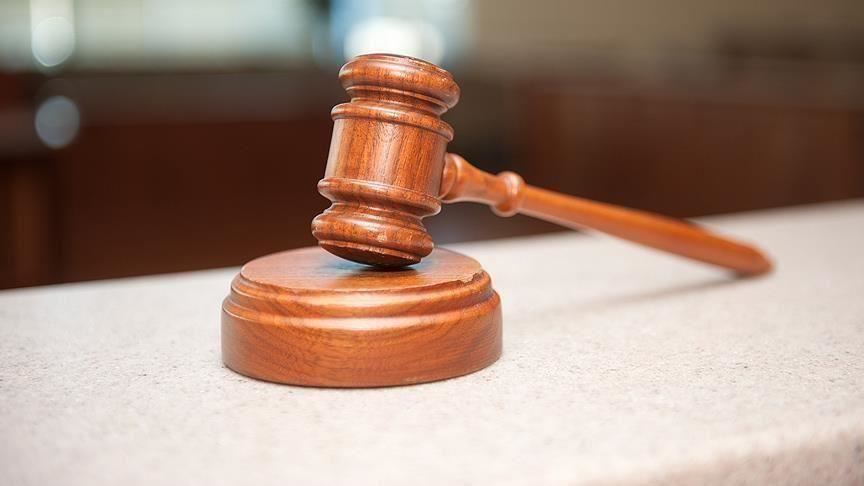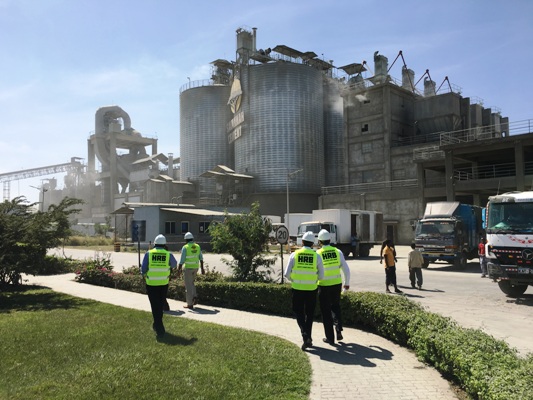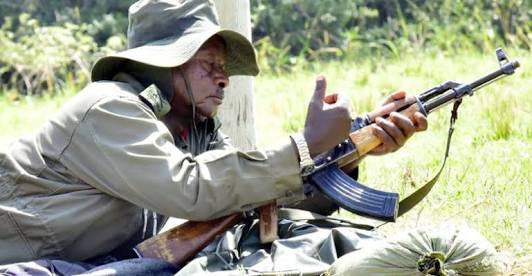Hisem and Soxiba Limited, a company dealing in the sale of electronics and telecommunication equipment, filed an application in the Tax Appeals Tribunal (TAT) on 25th August, 2021 challenging Uganda Revenue Authority’s decision of issuing Value Added Tax (VAT) assessments of UGX. 1,848,986,945.
In the TAT application, the company objected the assessments on grounds that Uganda Revenue Authority (URA) did not consider invoices presented to it in support of the purchases made. The company’s argument was that it was entitled to VAT input credit arising from the purported transactions.
The Case Background
The Financial Intelligence Authority (FIA) tracked suspicious activities of a bank account in which large sums of money were channeled.
The account belonged to one of the directors of Hisem and Soxiba Limited. Suspecting money laundering and tax evasion, FIA forwarded the intelligence to ascertain whether the money was used for business activity and also prove that the incomes from the said business activity were declared and taxes due paid to URA.
In response, URA engaged the company which claimed that it had used the money for business-related activities. Upon finding tax compliance issued, several VAT assessments were issued, to which the entity objected. The URA issued an objection decision maintaining the assessments because the transactions could not be proved.
The company therefore filed for an application in TAT contesting the assessments.
On 21st September 2020, TAT issued a temporary injunction order that the company pays 30% of the tax in dispute prior to the hearing of its case. TAT further restrained URA from collecting the tax amounts due from the company in the interim prior to the hearing and determination of the case.
The company however contravened TAT’s decision by failing to pay 30% of the tax.
Over a year later, on 15th December 2021, URA raised a preliminary objection before commencement of the hearing, that Hisem and Soxiba Limited had not paid 30% of the tax in dispute. The Tribunal therefore dismissed the application with costs on grounds that the company had not paid 30% of the tax as earlier ordered.
The Investigation Process
Investigations within URA revealed that Hisem and Soxiba Ltd was running a VAT fraud scheme known as the “missing trader scheme”. An analysis of the company’s VAT returns revealed that although it reported significant amounts of sales, it paid very little in taxes. The company declared some invoices from non-existent transactions from which it claimed input VAT credit.
In other instances, the company declared higher or inflated amounts of money on invoices as compared to the actual amounts in the transactions. The company also presented Audited Financial Statements (AFS) purportedly prepared by Wade & Partners, but the audit firm denied ever having prepared the said AFS.
Regarding payments for the said purchases, after claiming to have made only cash transactions for the purchases, the company failed to present the site managers and store managers who allegedly made the purchases on behalf of the company.
Having claimed to be an electrical installation contractor on different sites in the country, the company further failed to show how the goods purchased were utilized.
This like many other cases is a result of the proclamation made by the URA Commissioner General, John Rujoki Musinguzi at the beginning of Financial Year 2020/21 on information sharing among Government Ministries, Departments and Agencies (MDA). Musinguzi said that the authority would front collaboration and information sharing with other MDAs like FIA and Uganda Police Force to curb tax invasion and crime.
BY FLORENCE NAMUGANZA





